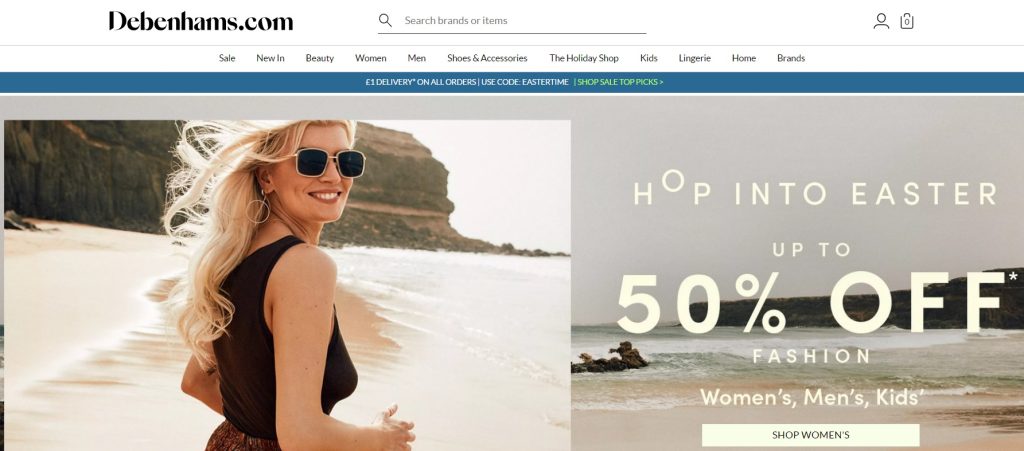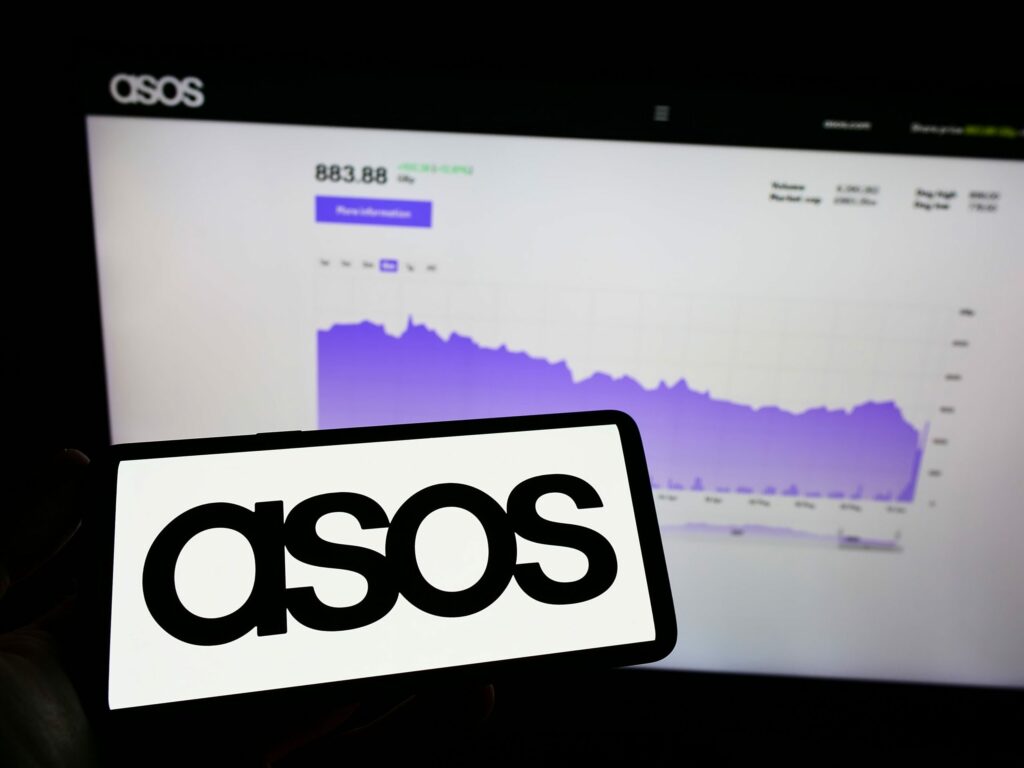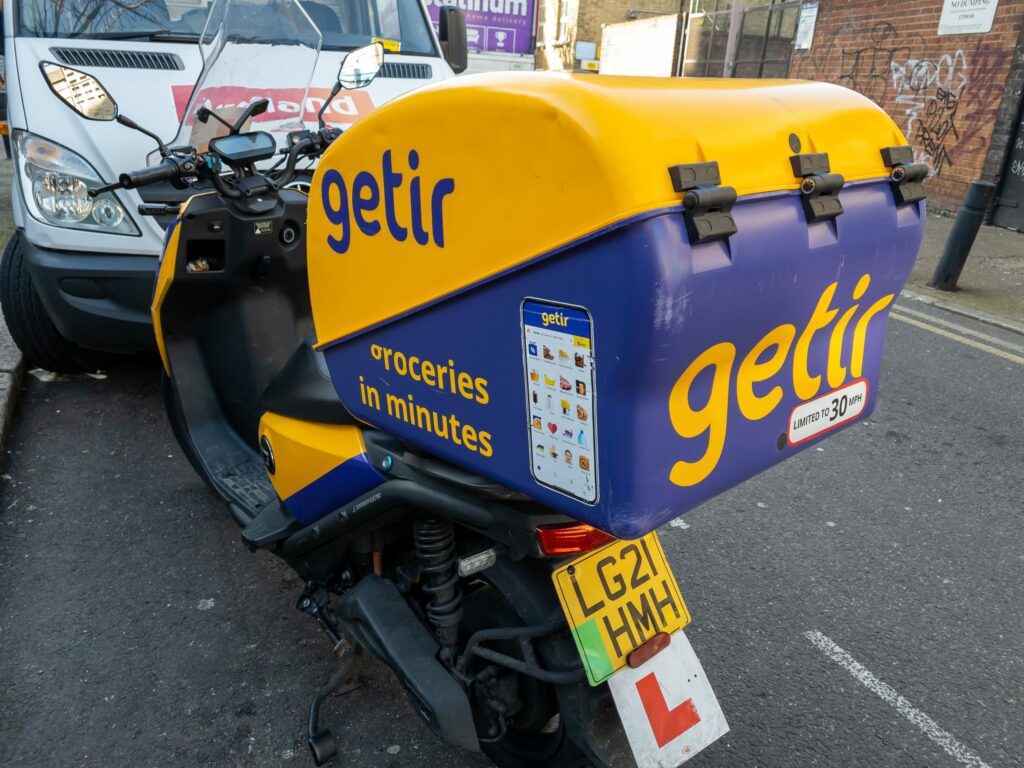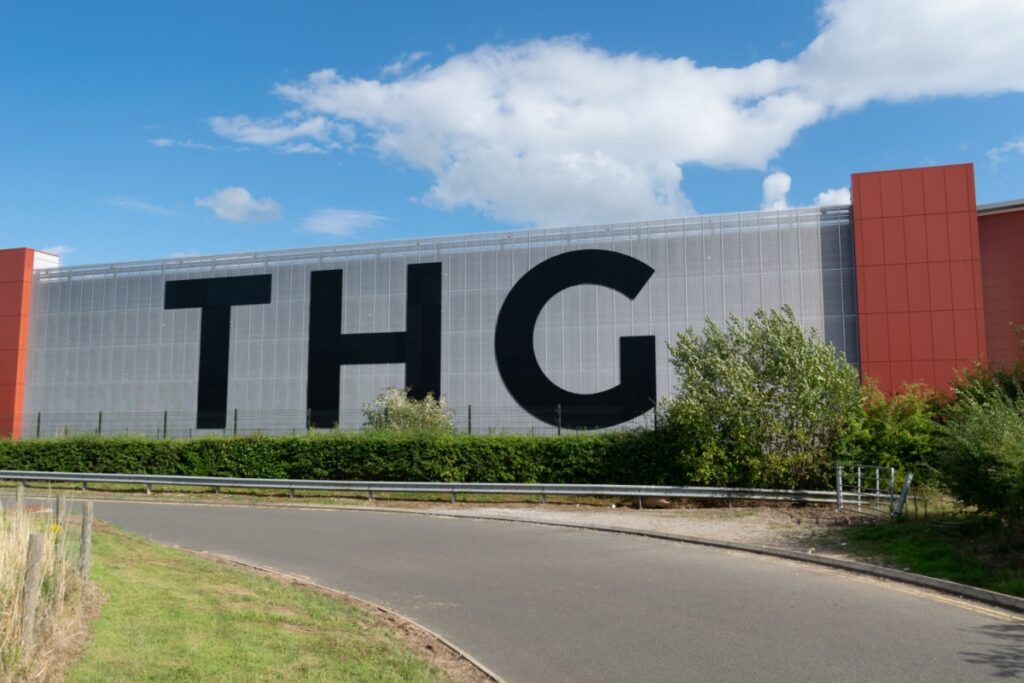TM Lewin was rescued for the second time in two years this week when a company owned by its main lender Petra Group snapped up the shirt specialist.
The business will be relaunched as an online-only brand – it ditched its stores after it emerged from its first administration in 2020 – although may consider reopening some shops in the future.
TM Lewin isn’t the only retailer to shut their stores and become a pureplay in recent years. From Cath Kidston to Debenhams to Topshop, Retail Gazette looks at some the retailers that have embraced ecommerce as their only channel to see how they have fared since the transition.
Cath Kidston

In April 2020, Cath Kidston revealed it would close all 60 of its UK stores after it fell into administration.
Parent company Baring Private Equity Asia secured a pre-pack administration deal and said it would buy the online business, brand and wholesale arm from administrators.
In October 2020, Cath Kidston unveiled its transformation plan with a core focus on digital acceleration and global growth.
With investment from parent company Baring Private Equity Asia, the retailer realigned its cost base and structure to create an “economically viable operating model”.
Cath Kidston has invested in its digital infrastructure by upgrading its ecommerce platform, activating a CRM platform to enhance tailored customer interactions.
This created a cross-border payment and shipping solution to open up over 200 markets by the end of this year.
Although in late 2020, Cath Kidston said it would continue trading online, it opened a London store that operates as an “experiential” service for shoppers – to fit alongside its digital-first strategy.
The retailer has rebuilt its UK team to more than 120 employees and grown its management team, poaching AllSaints’ Suzanne Egleton as chief commercial officer and ex-Liberty design director Holly Marler as creative director.
Debenhams

Debenhams, which fell into administration for a second time in April 2020, was snapped up by Boohoo in January 2021, which bought its brand, ecommerce operations and assets in a £55 million deal.
Boohoo is positioning Debenhams as a digital-first department store and marketplace for fashion, beauty and home through what it describes as “a new capital-light and low-risk operating model”.
The retailer uses a combination of owned inventory and a marketplace solution, where selected third parties provide the product and fulfilment services in return for a commission for selling their products on the Debenhams platform.
Boohoo says this model will “give customers unparalleled choice and gives the brands increased visibility over their inventory and channels to market”.
The retailer originally relaunched Debenhams with a small clothing offer in April last year and has gradually built up its inventory, adding home and beauty ranges. It launched marketplace in June last year and had 50 brands selling via the channel, from lingerie to homeware and electricals, by August. It plans to double its marketplace partners over the year ahead.
At Boohoo’s half year to August 31, 2021, it said Debenhams was achieving “strong month-on-month improvements in conversion and general merchandise value.
Boohoo set out plans to upgrade the Debenhams.com site functionality, user experience and offer to help drive conversion, order frequency and share of wallet.
The Debenhams.com website features a particularly strong beauty offer. In December 2021, Boohoo opened a 7552 sq ft Debenhams flagship beauty store at Manchester Arndale centre, which was thought to be a move that was necessary for Boohoo to meet historic contractual deals with key brands.
Topshop

Topshop was the jewel in the Arcadia crown, although it had fallen from grace in recent years.
Asos has helped rebuild the brand. Topshop sales jumped 193% compared to its sales on Asos the previous year, with growth rates strong across the UK, US and Germany, with triple digit growth rates achieved in all three countries.
Asos revealed that Topshop customers shopped with higher frequency on average and were “highly valuable with a higher average customer value across key markets than Asos’ group average”.
Meanwhile, Asos struck a deal with the US department store Nordstrom last July, which saw Topshop sold in its 350 stores and website. As part of the deal, Nordstrom took a minority stake in Topshop, Topman, Miss Selfridge and HIIT brands.
Oasis, Warehouse, Coast and Karen Millen

Online retail giant Boohoo has snapped up the former Aurora Fashion stable of brands, Oasis, Karen Millen, Coast, and Warehouse.
Boohoo first bought Karen Millen and Coast out of administration in 2019 and opted to scrap their stores. It followed up this deal by buying Oasis and Warehouse’s online arms in 2020 in a deal worth £5.25 million from Hilco Capital, which had bought the brands’ assets from administrators.
Boohoo does not break down the financial performance for each brand, however, it did reveal at its last full year results for the year ended 28 February, 2021, that Karen Millen and Coast were “growing well, with solid foundations being built and the promise of bright futures” and that Oasis and Warehouse had “made excellent progress”.
Click here to sign up to Retail Gazette’s free daily email newsletter


















